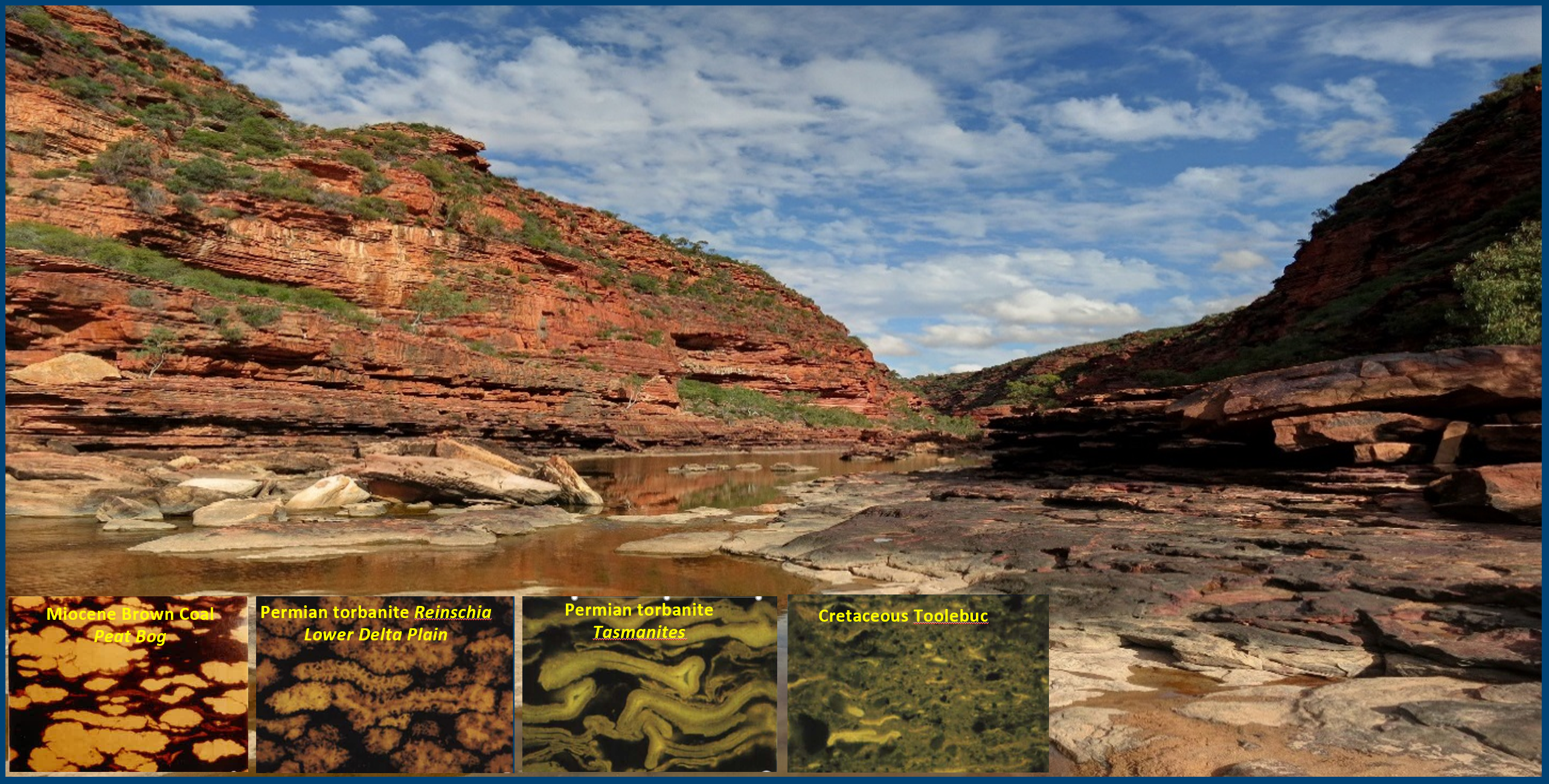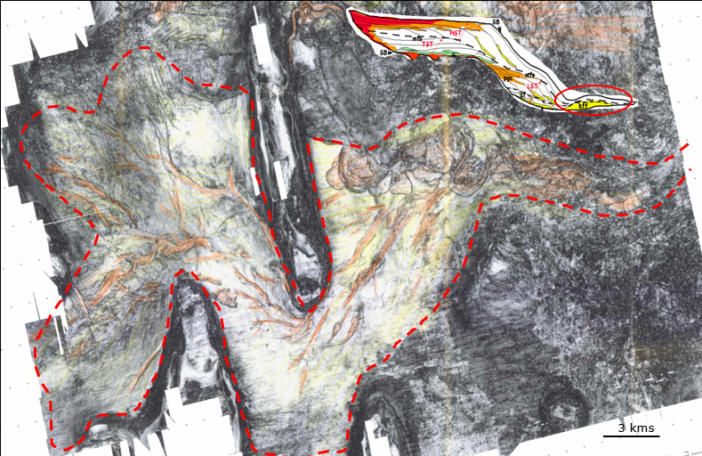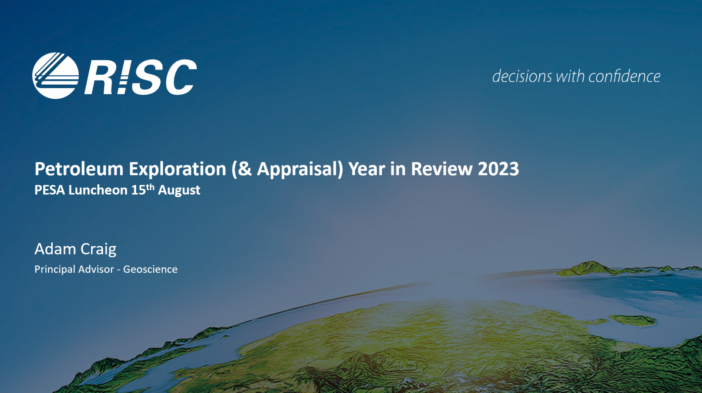
- This event has passed.
LIVE WEBINAR – Petroleum Source Rocks, Generation and Primary Migration: New Insights Using Nano-Scale Non-Destructive Tof-Sims SEM and Re-Os Radiometric Dating
Tuesday, 19 October, 2021 @ 11:00 am - 12:00 pm (Australia/Perth time)
Free – $10.00
Kindly supported by Rock Flow dynamics 
This live webinar will take place at:
11am – Perth
12.30pm – Darwin
1pm – Brisbane
1:30pm – Adelaide
2pm – Canberra, Hobart, Melbourne, Sydney
Use the calendar link on this page to add this event in to your own calendar at the correct local time for your location.
Tickets are free for members (please log in to see this) and $10 for non members.
Please buy your tickets and immediately follow the link in the ticket e-mail (not the calendar invite or this webpage, which is just generic and not event specific) to set up your registration with the webinar software well in advance of the time of the talk. Once registered with the webinar software you will receive a reminder e-mail 1 hour beforehand.
Petroleum Source Rocks, Generation and Primary Migration: New Insights Using Nano-Scale Non-Destructive Tof-Sims SEM and Re-Os Radiometric Dating
Presented by Gregory Smith
Abstract
The literature is full of countless papers discussing the maturation, generation and primary migration of hydrocarbons from organic matter. Yet no one has actually seen how this works under the microscope. The theories rely on destructive organic geochemical studies derived by pulverising, dissolving or pyrolysing organic matter and then trying to recombine the organic geochemical fragments into entities that can be typed to possible starting components.
The latest generation of Tof-SIMS electron microscopes are now capable of producing mass-spectrometry of elements, isotopes and molecules across the full range of atomic numbers from the light elements upwards including Carbon, Hydrogen and Oxygen. Importantly, this means for the first time organic matter can be analysed down to the nano-scale under the microscope without disintegrating the component macerals and can simulataneously analyse the associated inorganics. ToF-SIMS analyses can even be run directly on Fluid Inclusions in carbonates and silicates. Further calibration of this technique should allow in situ light isotope analysis (eg C12/13, O16,18).
New technology such as ToF-SIMS and Re-Os dating are beginning to unravel these important processes in source rocks. In-situ organic geochemical analyses of the different organic matter types (macerals) show that there are significant Mass Spectrogram (MS) fingerprints that are distinctive for each maceral (eg vitrinite, inertinite, lliptinites including acritarchs, spores, Botryococcus, G. prisca, Tasmanites, bitumens, etc). The ToF-SIMS MS show that lipid rich macerals have much higher Hydrogen:Carbon ratios and lower Oxygen:Carbon ratios in the low molecular number ions and molecules than the lipid poor macerals (eg vitrinite). Direct primary migration can be seen in Alginite rich unconventional source rocks where the light ions are depleted adjacent to the reservoir beds but are unaltered small distances from the reservoir beds.
Re-Os direct dating of crude oil in a reservoir and of bitumens in associated formations can complement the direct analysis of organic compositions in the source rocks by precisely estimating and tracking the secondary migration. In the Cretaceous Nantun Formation this allowed discrimination between generation and migration within 10Ma of deposition and two younger subsequent events.
This direct nano-scale analytical technology is revolutionary and truly sets a new paradigm for source rock and reservoir petrology and for coal petrology that has profound implications for petroleum and coal exploration and development – but it can be applied to analysis of any organic rich sedimentary rock including fossils, archeological or forensic samples.



